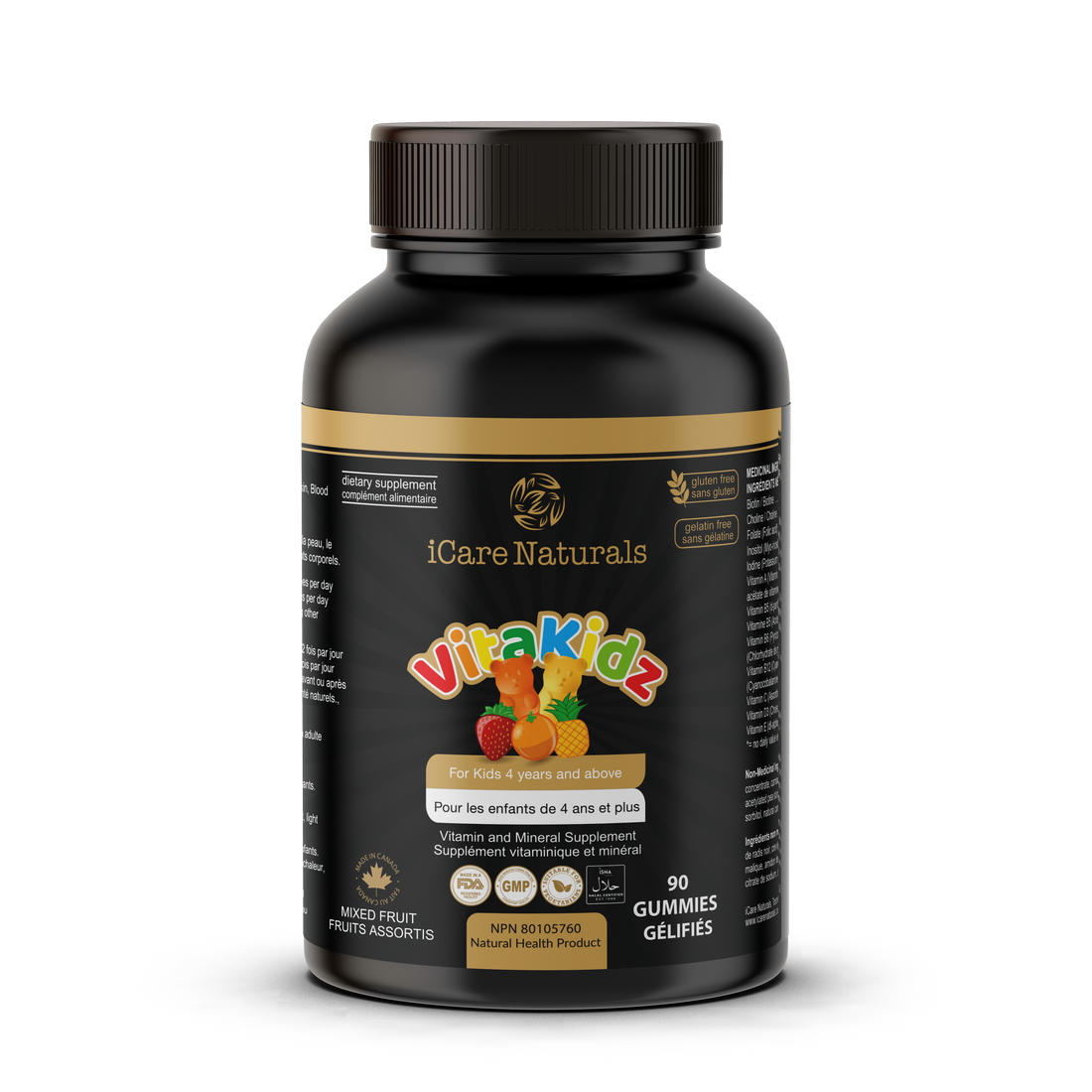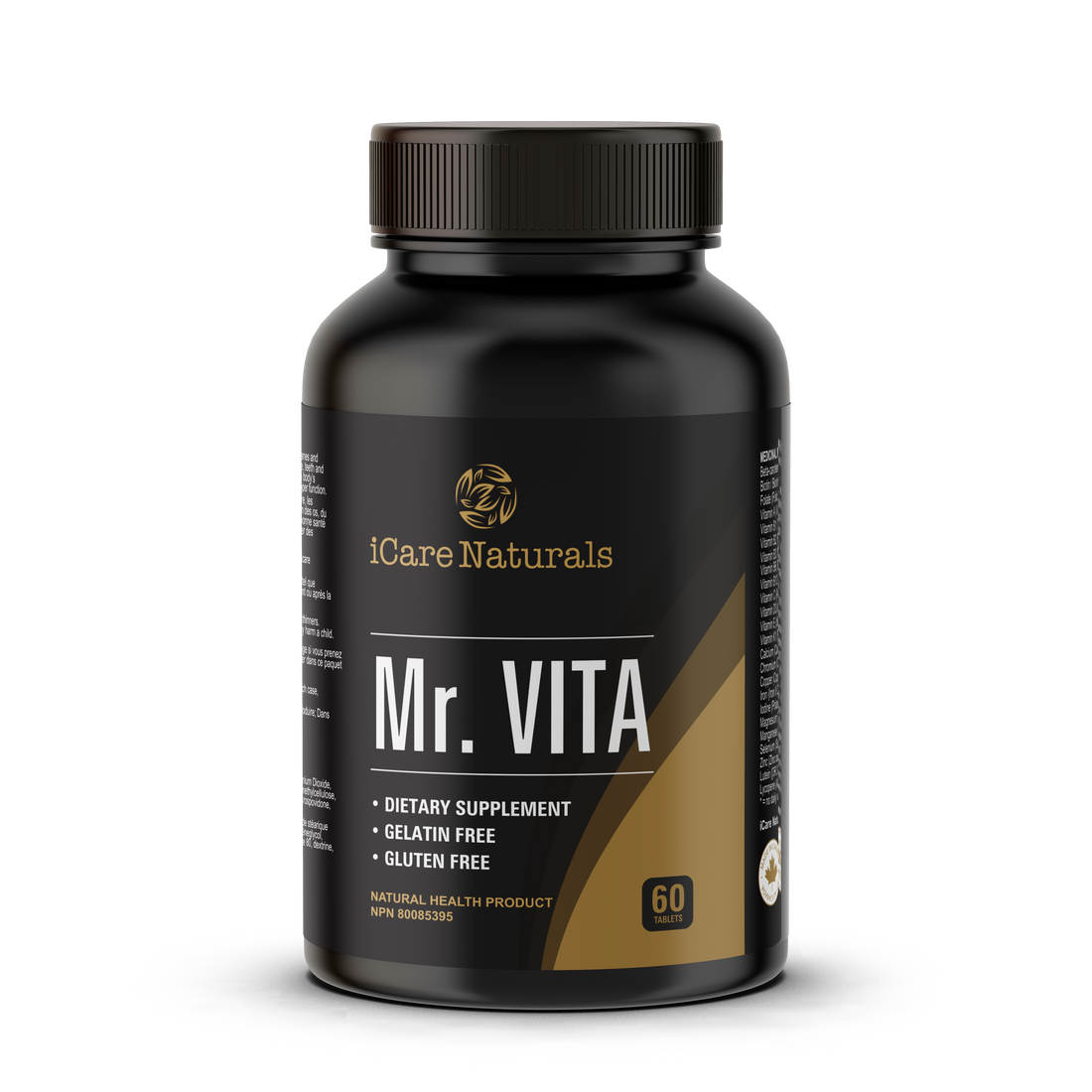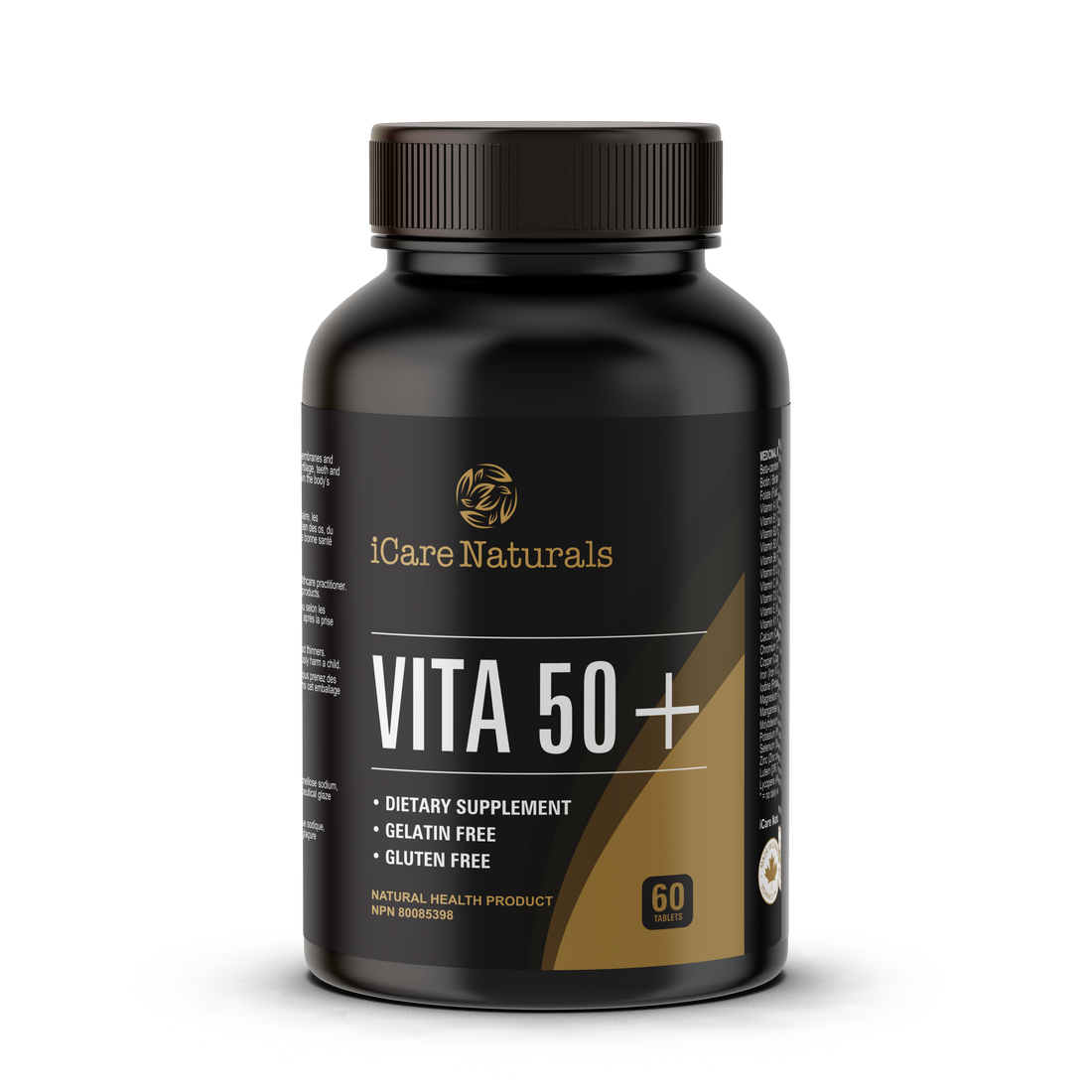Introduction
If you feel like you're having a hard time concentrating, there are many vitamins and supplements that can help. But there are also some that might not help or could even be harmful. In this post, we'll discuss the main vitamins and supplements for concentration, how much of each to take, and which ones to avoid.
What are the main vitamins and supplements that can help improve your concentration?
There are several vitamins and supplements that may help improve your concentration.
First, let's talk about B vitamins. B vitamins are essential for brain health because they're involved in energy production and neurotransmitter synthesis. One study found that people who were given a combination of vitamin B12 and folic acid had significantly better scores on tests of memory and thinking ability than those who received placebos.
1- Magnesium is another important nutrient for cognitive function because it helps regulate many processes in the body, such as muscle contraction, nerve impulse transmission, blood pressure regulation, and bone formation.
2- A study published in the Journal of Nutrition found that participants who took magnesium supplements had improved working memory compared to those who didn't take them.
3- Zinc plays an important role in many bodily functions but particularly affects our sense of taste (which can affect appetite), immunity from infections like colds/flu, etc., wound healing time after surgery or injury, etc., thyroid function (which regulates metabolism), mood balance - especially depression symptoms where sufferers often feel apathetic rather than being motivated enough even though there may be the plenty reason why someone should feel motivated like family members needing help around housework, etc.
How much of each vitamin and supplement should you take?
Taking too much of a vitamin or supplement can be harmful. The amount of each vitamin and supplement that you should take depends on the specific product and your health needs. You may want to talk to your doctor if you have any concerns about taking vitamins or supplements.
Which vitamins and supplements should you NOT take?
There are also some vitamins and supplements that you should not take if you have a chronic health condition. For example, people with kidney disease should avoid taking vitamin B12 because it can build up in the body and cause damage to the kidneys. In addition, people with diabetes who take insulin should not take magnesium because it can affect their blood sugar levels and cause serious side effects such as low blood pressure or even death if taken in large amounts.
You may also want to avoid taking certain vitamins if you're pregnant or breastfeeding--some pregnant women take iron supplements but this can lead to anemia (low red blood cell count) for both mother and baby after birth due to iron being transferred from mother's body into her breast milk, instead she should get all her daily requirements from food sources only until after giving birth when she needs more iron than usual because of increased demand from growing baby tissues!
Here's a list of vitamins and supplements that can help with concentration.
Here's a list of vitamins and supplements
- Vitamin B6: This vitamin helps in the production of serotonin, which is a neurotransmitter that regulates mood, sleep, and appetite. It also plays an important role in memory formation and learning. The recommended daily allowance (RDA) for adults is 1.3 mg per day; however, you should consult with your doctor before taking any supplement to ensure that it won't interfere with other medications or cause adverse side effects.
- Vitamin B12: Another key nutrient for optimal brain function is B12--it's involved in making red blood cells and maintaining healthy nervous system function by regulating homocysteine levels in the body (too much homocysteine has been linked to cardiovascular disease). The RDA for adults over 50 years old is 2 micrograms daily; however again consult your doctor before taking this supplement if you have already been diagnosed with anemia or are receiving chemotherapy treatment as these conditions may prevent absorption of this nutrient from food sources alone.
- Magnesium: Magnesium helps regulate how neurons communicate throughout our bodies by facilitating electrical impulses between them through calcium channels located within cell membranes.
Summary:
So, what are the best vitamins and supplements to help with concentration? We've looked at the research and identified three key nutrients that have been shown to improve your ability to focus, along with some other supplements that may help as well.










